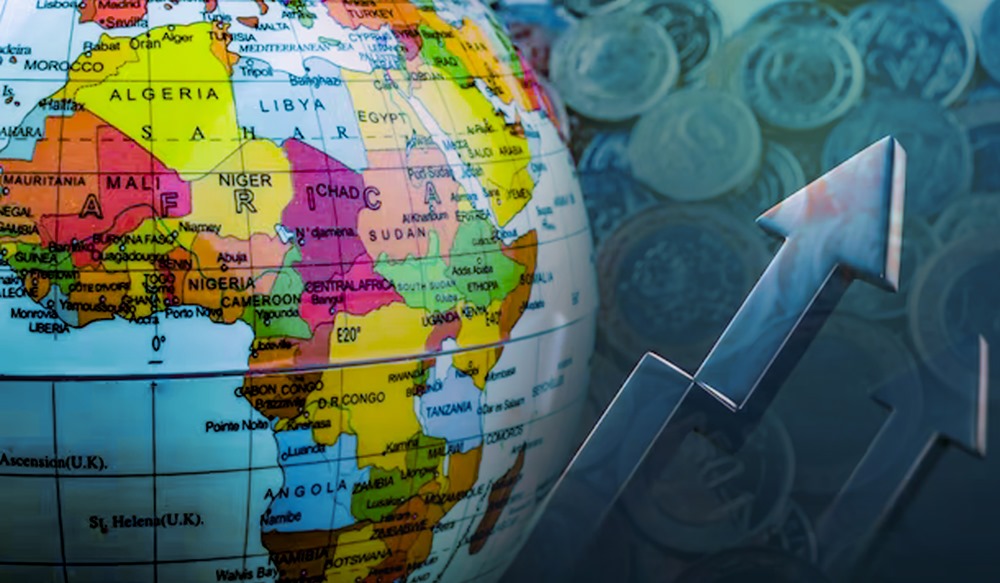Africa’s foreign investment hits historic highs in 2024 amid global downturn

The African continent witnessed a landmark surge in foreign direct investment (FDI) in 2024, reaching an unprecedented $97 billion—a staggering 75% increase from previous years—according to the latest World Investment Report released by UNCTAD on June 19, 2025.
This remarkable growth contrasts sharply with a global decline in FDI, which fell by 11%, underscoring Africa’s rising appeal as a prime investment destination.
The report highlights Egypt’s groundbreaking urban financing deal as a significant driver behind the record-breaking figure.
Even excluding this major transaction, FDI into Africa still surged 12%, totaling approximately $62 billion and representing 4% of global flows—a testament to the continent’s robust economic reforms and liberalization efforts aimed at attracting capital.
Rebeca Grynspan, Secretary-General of the UN Trade and Development Conference, commented on the global investment landscape: “There is no shortage of potential, but the system continues to favour the simplest destinations, to the detriment of the most necessary.”
Her remarks underscore the shifting investment priorities, as developing regions like Africa demonstrate resilience amid tightening capital flows worldwide.
European investors continue to lead Africa’s FDI origins, followed by the United States and China—the latter expanding investments beyond traditional sectors to agribusiness and pharmaceuticals.
Notably, a third of China’s Belt and Road Initiative projects now focus on social infrastructure and green energy, signaling a diversification of investment themes.
Regionally, North Africa recorded outstanding progress: Egypt’s FDI commitments doubled, Tunisia saw a 21% increase reaching $936 million, and Morocco’s inflows rose 55% to $1.6 billion.
Across the continent, international project finance deals grew 15%, largely fueled by major energy and transport infrastructure projects.
Renewable energy initiatives stood out, with nearly $17 billion invested in wind, solar, and submarine cable projects, particularly in Egypt, Tunisia, Morocco, and Namibia.
However, despite these gains, Africa experienced a 5% drop in the number of new project announcements and a 37% decline in their overall value—from $178 billion to $113 billion—highlighting ongoing challenges.
Electricity and gas sectors faced a sharp $51 billion reduction, while cross-border mergers and acquisitions slipped into negative territory, signaling a cautious investment environment.
As the world prepares for the Fourth International Conference on Financing for Development, Africa’s soaring FDI stands as a beacon of hope, yet the continent’s long-term growth will depend on sustaining reforms and ensuring investments reach critical sectors that drive inclusive and sustainable development.
About The Author
dailymailafric
I am an avid African news observer, and an active member of Daily Mail Africa.
I’m Passionate about staying informed on diverse topics across the continent,
I actively contribute to publishing on political, economic and cultural developments in Africa.



